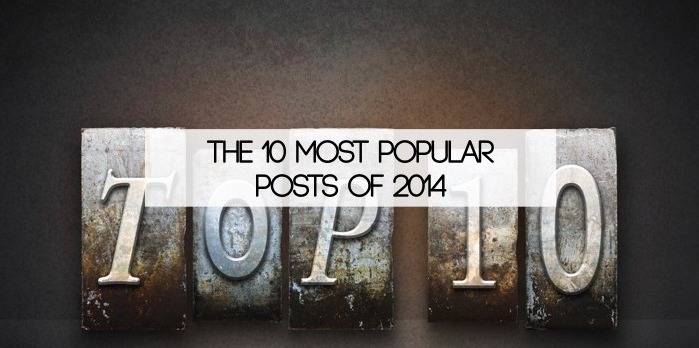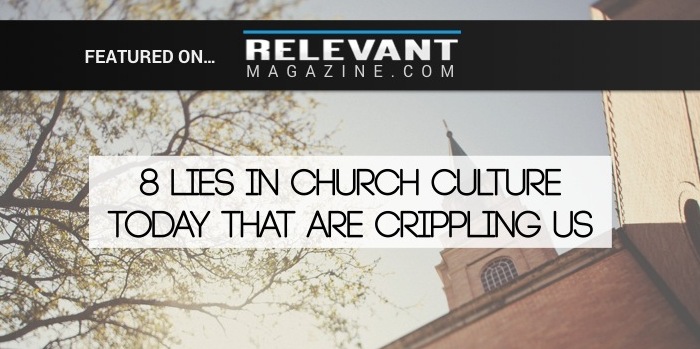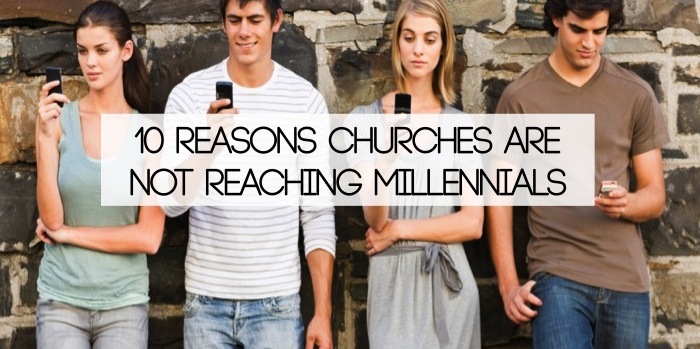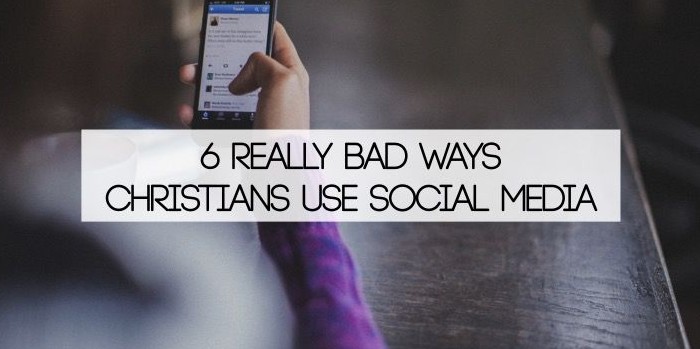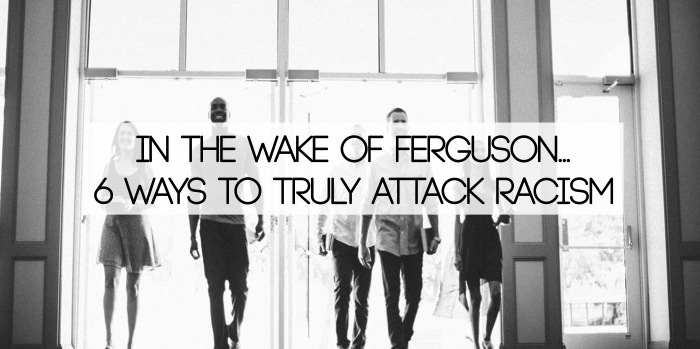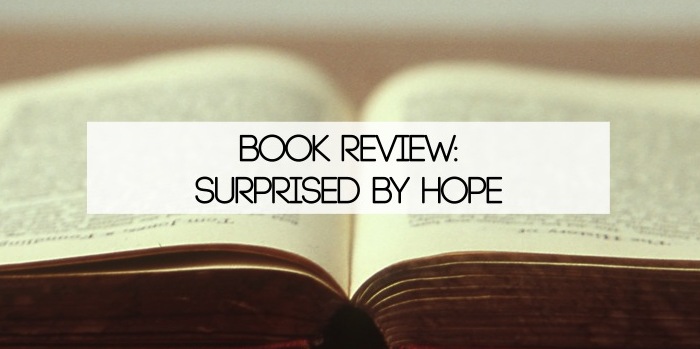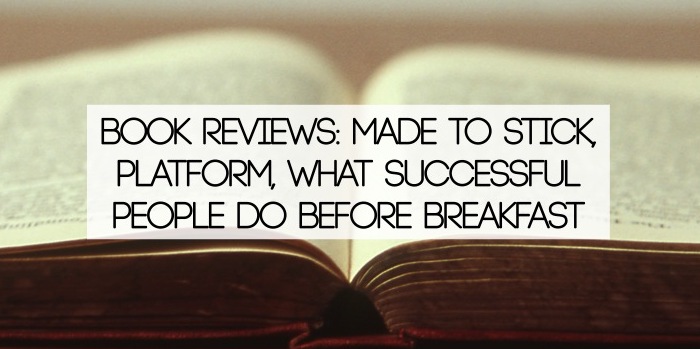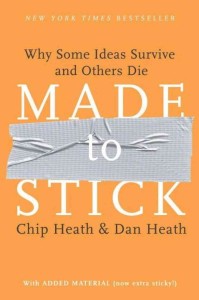Wow, what a year! As I gathered the most popular blog posts from 2014, I couldn’t help but see God’s fingerprints everywhere. Many of you are unaware, but I nearly shut the writing thing down earlier this year. I was frustrated. I was burnt out. Then, in typical God fashion, he opened up the floodgates. My first post went viral, and Relevant Magazine (a magazine that has challenged my faith for years) picked up three of my articles. Many of you shared your story with me. God allowed me to walk with some of you through addiction.
I want to say thank you to every person who sent me a word of encouragement. God used your words to renew my strength. It was your words that convicted me to make writing a weekly discipline, not just a fun aside.
Thank you again for the journey this year. I love you all.
Marriage, college, reaching the next generation, and social media, among other topics, resonated with you in 2014. Here are the 10 most popular blog posts of 2014.
#10 – 8 Ways To Ruin Your Life In College
College signals a new season. For many, it is a return to normalcy. For some, it is a step closer to a degree. A step closer to “real life.” Whatever that means. For others, it is the beginning of life without the presence of mom and dad. College is a great time to learn, find yourself, build relationships, or any number of other things.
But here is a reality many in college fail to grasp…your time will end. You can’t stay in college forever. Whether you want to accept this reality or not, the reality remains…
[su_button url=”https://frankpowell.me/8-ways-ruin-life-college/” target=”blank” background=”#336699″ size=”5″ center=”yes” radius=”round” icon_color=”#336699″ text_shadow=”0px 0px 0px #000000″]Read the Rest[/su_button]
#9 – 6 Really Bad Ways Christians Use Social Media
Hiding behind a computer screen doesn’t change the reality…one click of a mouse (or trackpad for my Apple people) can alter lives. This is bigger than us. We must harness this power and use it for good. Use it for God. There is so much potential. But with great power comes great danger.
I want to list some ways Christians are improperly using social media. I hope this post resonates with people. How we use social media determines how others view us. But more importantly…how others view God. So, here are 6 really bad ways Christians use social media…
[su_button url=”https://frankpowell.me/6-bad-ways-christians-use-social-media/” target=”blank” background=”#336699″ size=”5″ center=”yes” radius=”round” icon_color=”#336699″ text_shadow=”0px 0px 0px #000000″]Read the Rest[/su_button]
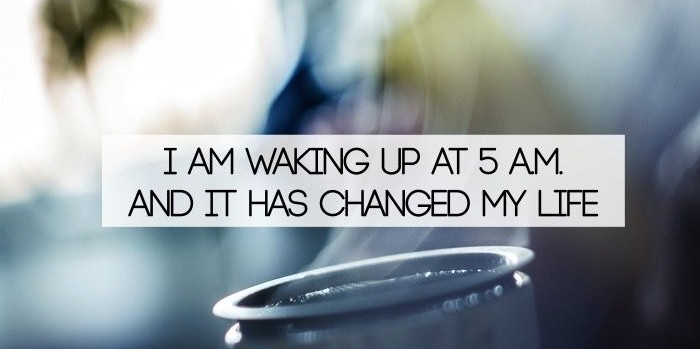
#8 – I Am Waking Up At 5 a.m…And It Has Changed My Life
I always believed staying up late at night and getting up early in the morning did not matter when it comes to productivity and effectiveness…then I read the book Early To Rise and actually started getting up early. It has changed my life.
Granted, I am only 13 days into the 30 day challenge, but I am determined to make this a life change. I believe more than ever getting up early equates to greater productivity and a more meaningful life. Let me share a few reasons why I believe in waking up early…
[su_button url=”https://frankpowell.me/i-am-waking-up-at-5-a-m-and-it-has-changed-my-life/” target=”blank” background=”#336699″ size=”5″ center=”yes” radius=”round” icon_color=”#336699″ text_shadow=”0px 0px 0px #000000″]Read the Rest[/su_button]
#7 – 6 Statements From People Not Ready For Marriage
But honestly…Is anyone prepared for marriage? Of course not. ‘Tis life. But make no mistake. There are attitudes and mentalities that are toxic to a marriage. And many people, simply by the answers they give or the qualities they value, reveal they are not ready for marriage. So, here are 6 statements from people not ready for marriage…
[su_button url=”https://frankpowell.me/6-statements-from-people-not-ready-for-marriage/” target=”blank” background=”#336699″ size=”5″ center=”yes” radius=”round” icon_color=”#336699″ text_shadow=”0px 0px 0px #000000″]Read the Rest[/su_button]
#6 – 12 Signs You Are A Modern-Day Pharisee
Most Pharisees begin with good intentions. But somehow those intentions and motives morph into something not so good.
Here is my hope and prayer…you will read this and do an inspection on your heart. The following things flow from my own personal struggles with legalism and being a Pharisee. In many ways, I am a recovering Pharisee. I still have a long way to go. But I am thankful the grace of God allows me to stumble. Allows me to struggle. And still be His child. So, here are 12 signs you are a modern-day Pharisees…
[su_button url=”https://frankpowell.me/12-signs-you-are-modern-day-pharisee/” target=”blank” background=”#336699″ size=”5″ center=”yes” radius=”round” icon_color=”#336699″ text_shadow=”0px 0px 0px #000000″]Read the Rest[/su_button]
#5 – 8 Lies In Church Culture Today That Are Crippling Us
(featured on relevantmagazine.com)
I love the church. I have given my life to the church. I believe in the church because I believe the King reigns over everything. There is a lot to be praised and celebrated when it comes to the church. There is another side though. We have bought some lies. These lies are hurting us. Crippling us. If the church is going to become the image of God in the world, there are lies we must drop. Here are 8 lies in church culture today that I believe are crippling us…
[su_button url=”https://frankpowell.me/8-lies-in-church-culture/” target=”blank” background=”#336699″ size=”5″ center=”yes” radius=”round” icon_color=”#336699″ text_shadow=”0px 0px 0px #000000″]Read the Rest[/su_button]

#4 – The 10 Commandments Of An Un-Committed Christian
A person who claims Christianity but is not molded into the image of God is no Christian at all. Christianity is not about a name…it is about a Savior. It is not a declaration…it is a transformation. It not about fixing some bad habits…it is about becoming a new person. Jesus makes it clear how he feels about “status” or “lukewarm” Christians.
But how do we know where we stand? Well, people claiming Christ but not really serious about Him adhere to some central truths. Call them commands if you choose. Ideals that shape decisions. So, here are the 10 commandments of an un-committed Christian…
[su_button url=”https://frankpowell.me/10-commandments-un-committed-christian/” target=”blank” background=”#336699″ size=”5″ center=”yes” radius=”round” icon_color=”#336699″ text_shadow=”0px 0px 0px #000000″]Read the Rest[/su_button]
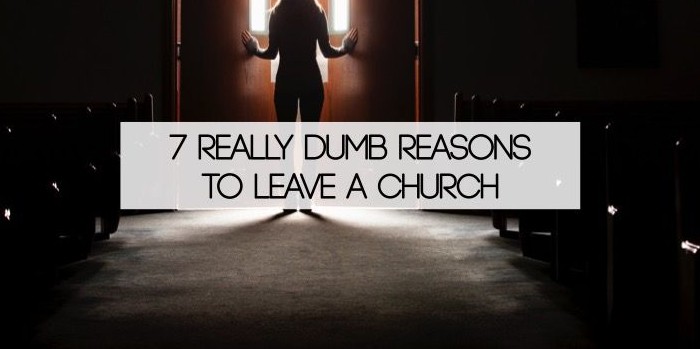
#3 – 7 Really Dumb Reasons To Leave A Church
There are certainly valid reasons to leave a church. But there are many more terrible reasons. Being a minister, I see this firsthand. Especially in the south. Churches are a dime a dozen here. And you can have almost any flavor your heart desires. Like Baskin Robbins…on steroids. Without the sprinkles.
While I acknowledge the inevitability of church hopping in this culture, I want to push back against this trend. Church hopping is not something God wants or desires from His people. At least not church hopping as it exists in America. It is the product of an over-abundance of churches mixed with a lack of desire and commitment among God’s people. Without further adieu, here are 7 really dumb reasons to leave a church…
[su_button url=”https://frankpowell.me/7-really-dumb-reasons-leave-a-church/” target=”blank” background=”#336699″ size=”5″ center=”yes” radius=”round” icon_color=”#336699″ text_shadow=”0px 0px 0px #000000″]Read the Rest[/su_button]
#2 – 10 Reasons Churches Are Not Reaching Millennials
Many churches do not take the time to know the next generation, so they are stuck with attaching stigmas (many untrue) to them. This is problematic. There are churches, however, that are thriving with Millennials, and if you did some investigation I believe you would come out with similar results, regardless of the church locale.
So, what differentiates a church culture that attracts Millennials and one that repels them? There are many factors, but I want to highlight ten really important ones. If you are a church that has been asking why it is so hard to get the next generation to become part of your culture, the following reasons might shed some light on your struggle…
[su_button url=”https://frankpowell.me/ten-reasons-church-absent-millennials/” target=”blank” background=”#336699″ size=”5″ center=”yes” radius=”round” icon_color=”#336699″ text_shadow=”0px 0px 0px #000000″]Read the Rest[/su_button]

#1 – 7 Truths About Marriage You Will Not Hear In Church
(featured on relevantmagazine.com, named #6 most popular post of 2014 by relevantmagazine.com, featured on faithit.com)
I am grateful for the foundation the church gave me in regards to marriage. It was a good study guide. But there some things on the test I did not learn until marriage began. So, I am going to give you some answers to the test that some of you might not expect to see. I grew up in church. I spent most of my time with Christian people. I was told much about marriage. But these 7 truths about marriage I never heard in church…
[su_button url=”https://frankpowell.me/truths-sex-marriage-never-learned-church/” target=”blank” background=”#336699″ size=”5″ center=”yes” radius=”round” icon_color=”#336699″ text_shadow=”0px 0px 0px #000000″]Read the Rest[/su_button]
____________________
As we transition into 2015, I am excited to see what God has in store. If there is a particular topic or issue you would like me to address, leave a comment below. I want to move people towards Jesus, and that begins with writing about issues that resonate with you.
I love you all. To God be the glory forever. Amen!

